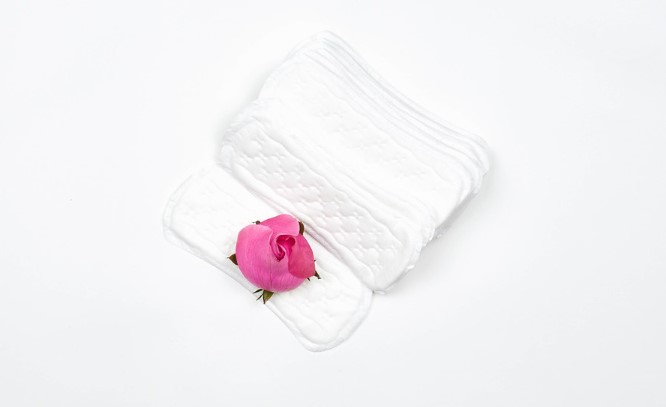Introduction:
Pregnancy and childbirth bring a lot of changes to a woman’s body. One of the most significant changes is postpartum bleeding. It is usual for women to experience bleeding for a few weeks after giving birth. Maternity pads are an essential item during this time, but how long should you wear them? This article will teach you crucial information about postpartum bleeding and how to manage it.
What is Postpartum Bleeding?
After giving birth, your body undergoes significant changes to return to its pre-pregnancy state. Postpartum bleeding, also known as lochia, is the shedding of the uterus lining, which occurs as the body heals after childbirth. Lochia differs from menstrual bleeding because it contains blood, mucus, and uterine tissue.

How Long Does Postpartum Bleeding Last?
Depending on the individual, postpartum bleeding can last from two to six weeks after giving birth. The duration of postpartum bleeding depends on several factors, such as the type of delivery, the baby’s size, and the mother’s health. Women who undergo a vaginal birth experience heavier bleeding than those who have a cesarean delivery. Additionally, women who have had a giant baby or multiple births may experience more severe bleeding than those who have had a smaller baby.
How Often Should You Change Your Maternity Pad?
Changing your maternity pad frequently is crucial to maintain good hygiene and preventing infections. It would help if you changed a sanitary pad every hour during the initial days after giving birth, and you can change it every three to four hours as your bleeding decreases. However, you should always change your sanitary pad immediately if it becomes soaked with blood. It is also essential to use pads designed explicitly for postpartum bleeding, as they are thicker and more absorbent than regular pads.
When Can You Stop Using Maternity Sanitary Pads?
The amount of postpartum bleeding gradually decreases over time. You can switch to regular pads once the bleeding reduces to light spotting. This usually occurs after two to four weeks, depending on the individual. Some women may experience light bleeding for up to six weeks after giving birth. Consult your healthcare provider if you have any concerns about your postpartum bleeding.
How to Manage Postpartum Bleeding?
Managing postpartum bleeding requires good hygiene practices and regular monitoring of your bleeding. Here are the tips on how to control postpartum bleeding:
-
Use maternity pads designed explicitly for postpartum bleeding. They are thicker and more absorbent than regular pads.
-
Change your pad frequently to prevent infections and maintain good hygiene.
-
Avoid using tampons or menstrual cups, as they can introduce bacteria into the uterus and increase the risk of infection.
-
Take regular showers to keep the perineal area clean, and avoid using hot water, which can increase bleeding.
-
Rest as much as possible to allow your body to heal, and avoid strenuous activities that can increase bleeding.






